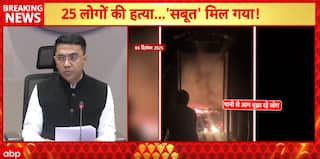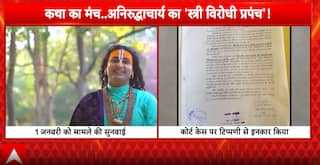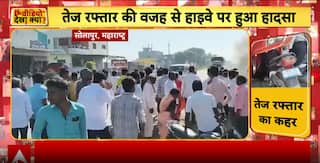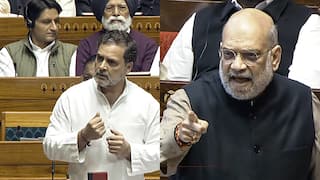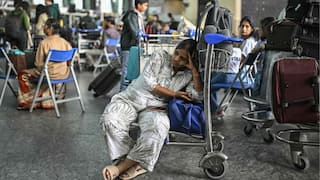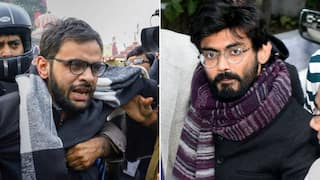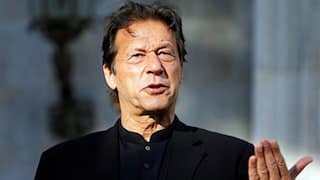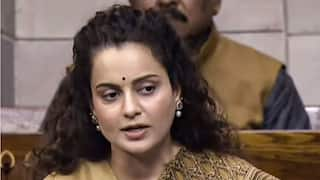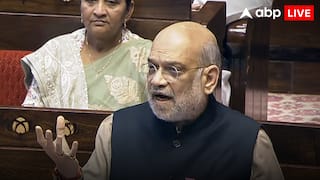Women's Reservation Bill In Lok Sabha: Insights From Our Founding Mothers In Constituent Assembly Debates
In this article, we look back at the Founding Mothers' perspectives on women's reservations in the Constituent Assembly debates.

The introduction of the Constitution (One Hundred and Twenty-Eighth Amendment) Bill, 2023, also known as the Women's Reservation Bill, has sparked widespread debate. The proposed bill would reserve one-third of the seats in the Lok Sabha, state legislatures, and the Delhi Legislative Assembly for women. This legislation, which is intended to improve women's political representation, is significant because it was the first bill tabled for consideration in the new Parliament building, demonstrating the government's commitment to gender justice.
In this context, it is instructive to consider the perspectives of India's founding mothers on women's reservation. The Constituent Assembly featured 15 women representatives: Ammu Swaminathan, Annie Mascarene, Begum Aizaz Rasul, Dakshayani Velayudan, G Durgabai, Hansa Mehta, Kamla Chaudhri, Leela Ray, Malati Chowdhury, Purnima Banerji, Rajkumari Amrit Kaur, Renuka Ray, Sarojini Naidu, Sucheta Kripalani, and Vijayalakshmi Pandit. These names, which were frequently overlooked in discussions about the Constitution's drafting, were crucial in representing diverse voices in a predominantly male assembly.
READ | 27 Years, 8 Govts, 186 RS Votes: History, Politics And Status Of Women's Reservation Bill
While not all of these women actively participated in debates, ten did, arguing for "merit" rather than special treatment. Hansa Mehta, in particular, emphasised the importance of Indian women seeking justice in the social, economic, and political spheres, rather than seat reservations or separate electorates.
Take a look at the text of her speech here:
“The average woman in this country has suffered now for centuries from inequalities heaped upon her by laws, customs and practices of people who have fallen from the heights of that civilisation of which we are all so proud…There are thousands of women today who are denied the ordinary human rights. They are putbehind the purdah, secluded within the four walls of their homes, unable to move freely. The Indian woman has been reduced to such a state of helplessness that she has become an easy prey of those who wish to exploit the situation…" Click here to read more.
Renuka Ray, on the other hand, was opposed to women's reservations and cited the example of Vijayalakshmi Pandit, whom she believed had earned her place in the Constituent Assembly and as an Ambassador on merit.
Take a look at the text of her speech here:
“We are particularly opposed to the reservation of seats for women. Ever since the start of the Women’s Movement in this country, women have been fundamentally exposed to special privileges and reservations. Through the centuries of our decadence, subjection, and degradation, the position of women too has gone down until she has gradually lost all her rights both in law and in society….Women in his country have striven for their rights, for equality of status, for justice and fair play and most of all to be able to take their part in responsible work in the service of their country…" Click here to read more.
While being supported in this regard by H V Kamath, who stated that he would be "quite happy" if there were more women in the House and that such vacant seats should normally go to another woman, he went on to say:
“…So far as the work of Government is concerned, if I heard her aright, she said that women should be given a greater chance more scope, in affairs of administration and government than they are being given today. The most common and the strongest objection so far put forward by political philosophers in this connection, that is to say as regards the capability of women for government and administration is that women ruled more by the heart than by the head, and where the affairs of Government are concerned, where we have to be cold and calculating in dealing with various kinds of men, women would find it rather awkward and difficult to deal with such persons and that the head may not play the part that it must play in the affairs of government. If the heart was to rule and the head to take a secondary place then it is felt by many thinking men, and thinking women too, that the affairs of government might go somewhat awry, might not fare as well as we might want them to be. However, I do not wish to dwell on this point further…" Click here to read more.
READ | 'Devil Lies In Details': Former BJP Ally SAD Lashes Out At Centre Over Women's Reservation Bill
It is significant to note that Ray was opposed to women's reservations because she was concerned that reservations would lead to women's competence being overlooked.
"When seats are reserved for women, the question of their consideration for general seats, no matter how competent they may be, does not usually arise. We believe that if only ability is considered, women will have more opportunities to come forward and work in a free India in the future."
Despite these divergent viewpoints, it is worth noting that women's representation in Parliament and state legislatures remains below 15%, 76 years after India's independence.













